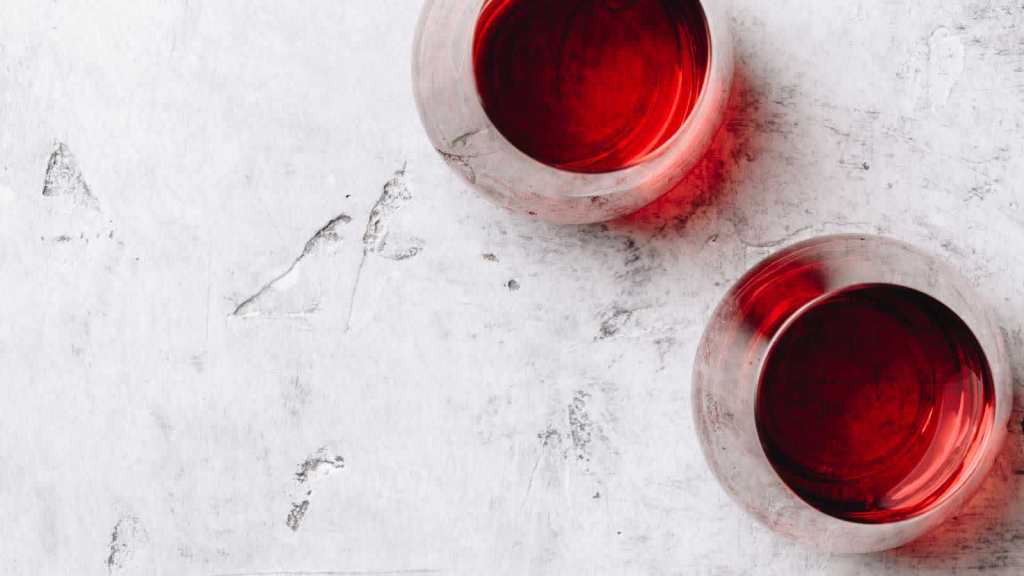Drinking has increased since Australians have been spending more time at home, new data shows.
The research came from a national YouGov Galaxy poll that began at the beginning of April and was commissioned by the Foundation for Alcohol Research and Education (FARE), a not-for-profit group.
Of the 1,035 participants, 20% said they were buying more alcohol while 70% were drinking more than normal. 33% of respondents were now drinking daily.
The poll also found that nearly one-third of people who admitted to purchasing more alcohol were also concerned about their drinking, or the drinking habits of someone in their household.
And, 28% of respondents said they are now using drinking to cope with anxiety and stress.
“Alcohol sales are up over the past month and while the alcohol industry wants you to believe that people aren’t actually drinking that alcohol, this YouGov Galaxy research reveals the truth,” said FARE CEO Caterina Giorgi.
“Increased drinking by people worried about COVID-19 might be good news for alcohol industry executives, but it’s certainly worrying news for our community’s health.”
And, this trend isn’t just happening in Australia.
A new study out of the United States surveyed 3,000 people about their recent drinking habits during lockdown.
The research was conducted by Alcohol.org and it found that nearly a third of respondents (roughly 36% of men and 26% of women) who are currently working from home said they were also drinking during work hours.
The data also showed that over one in three were likely to drink more in isolation, while one fifth of respondents admitted to stockpiling alcohol for self-isolation.
This increase in alcohol consumption is a concern for the community, according to the World Health Organisation (WHO).
The WHO is calling for governments around the world to bring in measures that limit alcohol consumption as during times like these “alcohol consumption can exacerbate health vulnerability, risk-taking behaviours, mental health issues and violence.”
The WHO also squashed any idea that consuming alcohol could help kill the COVID-19 virus.
“Fear and misinformation have generated a dangerous myth that consuming high-strength alcohol can kill the COVID-19 virus,” the WHO said.
“It does not. Consuming any alcohol poses health risks, but consuming high-strength ethyl alcohol (ethanol), particularly if it has been adulterated with methanol, can result in severe health consequences, including death.”
Giorgi agrees that measures need to be taken by the government to slow this trend.
“We need to get ahead of this before it’s too late and this involves action from governments across the country to address the alcohol industry’s aggressive marketing practices, place limits on late night and rapid online alcohol product delivery, boost funding for our alcohol and other drug services and provide messages to the public on how to reduce the risks from drinking alcohol as part of their current public health campaigns,” she said.
The current health crisis is evolving rapidly. If you suspect you or a family member has coronavirus you should call (not visit) your GP or ring the national Coronavirus Health Information Hotline on 1800 020 080.







